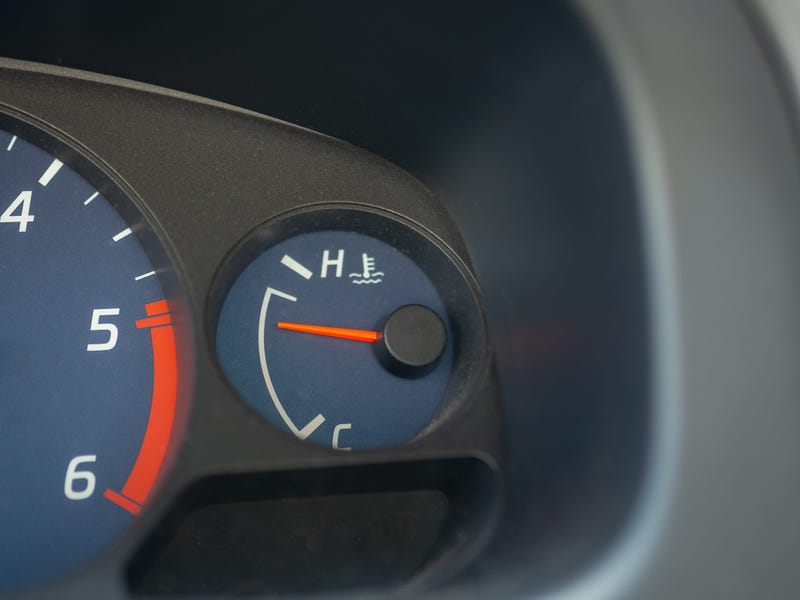
CARSON CITY, NEV. – After providing roadway assistance for more than 16,000 incidents on Las Vegas-area freeways during the first five months of this year, the Nevada Department of Transportation’s Freeway Service Patrol is offering tips to prepare vehicles for summer driving.
As the summer heat settles in, Freeway Service Patrol operators respond to an increase in disabled vehicles on the side of the freeway, often because drivers do not take proper steps to prepare vehicles for changing weather. This is particularly true when many vehicles have been driven less over recent months as Nevadans stayed home due to the COVID-19 pandemic.
• Check tire pressure and tread. Colder winter temperature can reduce tire pressure, potentially leading to increased wear and poor handling. As warmer weather arrives, make sure your vehicle tires are properly inflated to manufacturer recommendations, which can also enhance fuel efficiency.
• Check vehicle lights, including headlights, brake lights, back-up lights, tail-lights, parking lights and turn signals.
• Check windshield wipers. Be ready for summer showers by checking and replacing wiper blades if needed.
• Check vehicle brakes, filters, oil and all other fluid levels, hoses and belts.
• Check vehicle battery and cables.
• Check vehicle air conditioning.
• Pack an extra bottle of drinking water. It can provide hydration and can be used for cooling down an overheated engine, washing hands after any urgent roadside vehicle repairs and more.
• Be familiar with your vehicle’s spare tire and tire repair accessories. Some new vehicles no longer come with a spare tire as standard equipment.
• Share the road. Warmer weather brings more motorcyclists, bicyclists and pedestrians to Nevada roads. Everyone should watch for each other and share the road.
• Slow down during rains. Infrequent summer rains can produce exceptionally slippery roads due to oil and other leaked fluids on roadway surfaces mixing with rainwater
While the patrol is not available by phone, Freeway Service Patrol route information is available by visiting nevadadot.com and selecting “Travel Info.”
